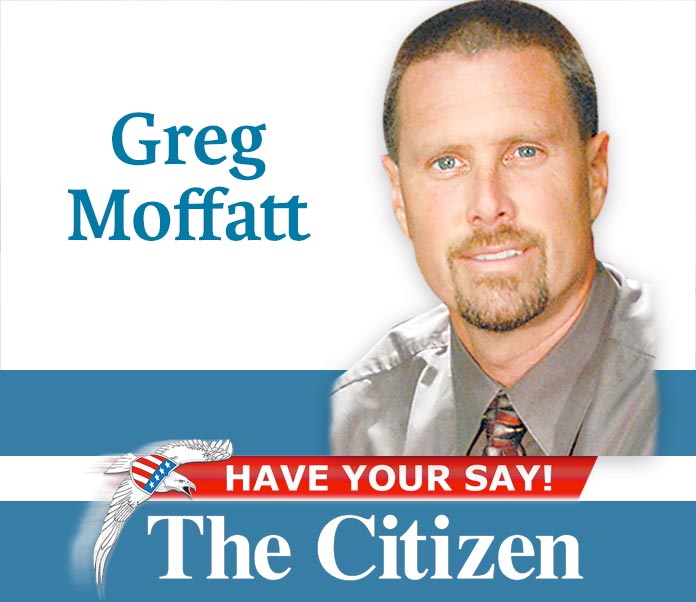In the distant past, we used to call the TV news the “6 o’clock” or “10 o’clock” news. It is almost comical to remember those days, but these labels reflected the fact that the news available to me was on for only 30 minutes a day at the top of these two hours. If you missed it, you were stuck with the newspaper or waiting until the following day. Those were the early days of television and the viewing habits I grew up with.
News anchors were our window to the world. It would be naive to think there was no media bias in those days. Of course there was. But with only three channels – the three major networks – there weren’t any options, and journalism in those days functioned a bit differently than it does today.
One of those differences was the length of a news story. National news and many local stations, crammed their entire broadcast into 30 minutes. Top national stories, weather, sports, and “feel-good” stories were a typical line-up and the pace was fast. Very little time was left for commentary.
We live in a much different world today. Dozens of outlets run and re-run the news non-stop all day every day. Viewers are treated to an endless stream of stories, stories about stories, and news station responses to stories from other outlets. In the old days, you never would have heard CBS anchor Walter Cronkite say, “NBC is reporting today…”
The transition to 24-hour news has led us to an endless stream of experts commenting on the news of the day. “Experts” are people who have titles after their names who may, or may not, really know anything about what is being discussed and who almost always have a personal agenda. But they have an opinion and that becomes the news.
I know this is the way it works because I’ve done countless interviews for radio and TV. Reporters and station managers call me because they already know what I will say, not because I’m going to present some new revelation about the topic at hand.
The major broadcast news networks are heavily weighted as either conservative or liberal. There is no middle ground.
And even more interesting, talk shows like TheDaily Show and The View are perceived as if they are presenting the news. A survey of millennials a few years ago demonstrated that these young people received the majority of their “news” content from The Daily Show – a comedy broadcast.
No matter the source, this transition has provided us the luxury of choosing the news we want to hear. This leads to what social psychologists call “groupthink.” When George Bush (43) was elected, one national news anchor indignantly said, “I don’t know anyone who voted for Bush!” This is a perfect example of the effect of groupthink. When you surround yourself with people who think like you, that is all you will hear and your ideas will never be challenged.
Some years ago I served on an organization’s board of directors. Of the ten members of the team, one guy was always out of step with the rest of us. At one meeting he offered his resignation and as chairman I declined to accept it. I told him that his differing opinion kept us honest. I knew if there was a flaw in our argument as a board, he would catch it and force us to at least think about another perspective. This provided safety for our team and, as frustrating as it could be, I valued his input. He was my safety net against groupthink.
My encouragement to you is that you vary your sources of information. Any issue – political, religious, social, or whatever – seek out ideas that challenge your own. My satellite radio pre-sets are across the social spectrum and in my hour-long commute, I listen equally to liberal, conservative, and libertarian thoughts on the day’s news.
Finally, I’d encourage you to note the difference between news and commentary. One of my dear friends used to get furious with retired Atlanta talk-show host Neil Boortz. “It is entertainment,” I said to him more than once. “He’s trying to get under your skin.”
Don’t take such programs too seriously. If it isn’t entertaining, don’t listen. There are lots of other choices and life’s decisions shouldn’t be made or broken based on trivium from entertainment broadcasts.
[Gregory K. Moffatt, Ph.D., is a college professor, published author, licensed counselor, certified professional counselor supervisor, newspaper columnist and public speaker. His website is gregmoffatt.com.]













Leave a Comment
You must be logged in to post a comment.